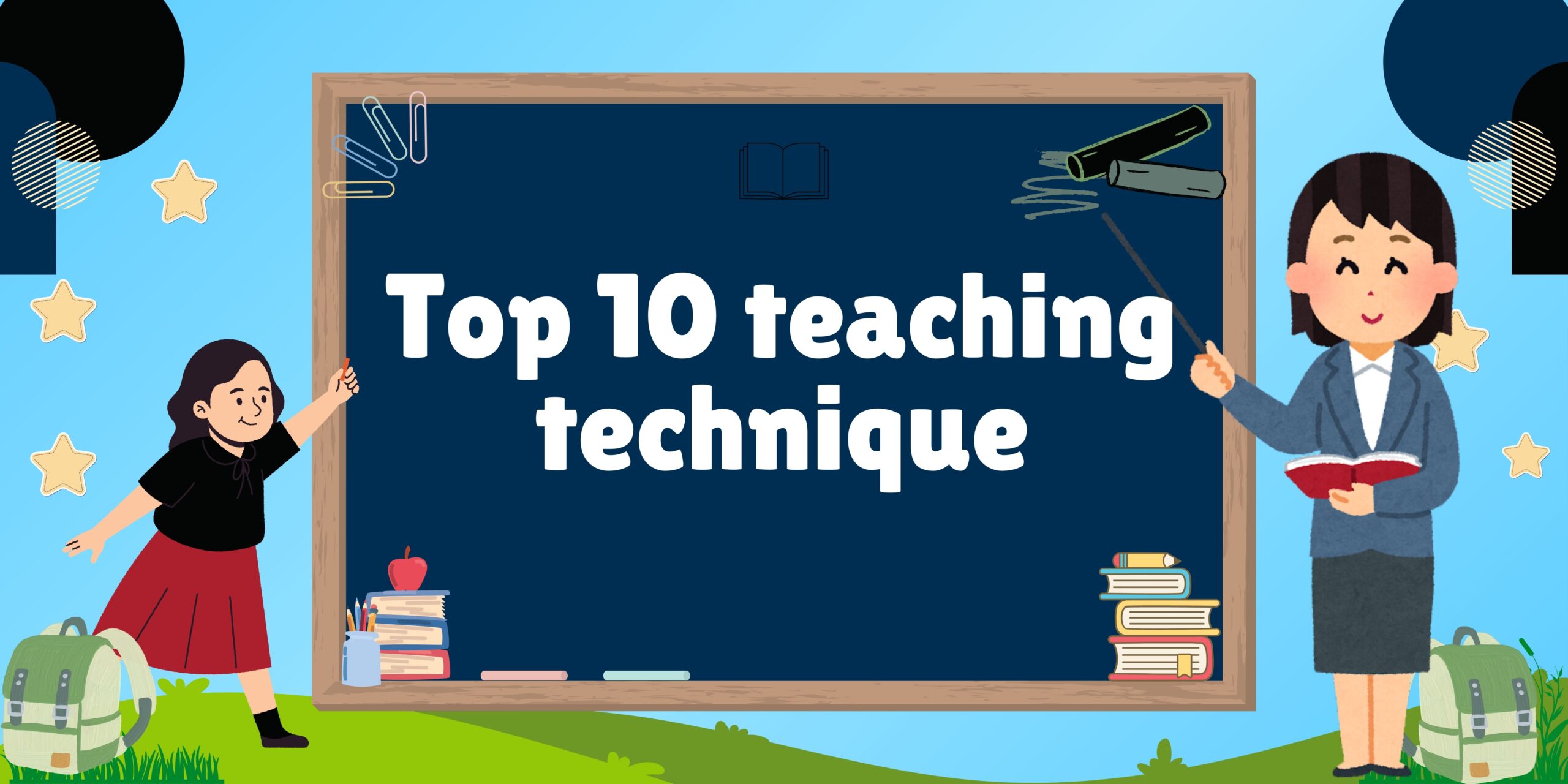
Teaching is more than sharing knowledge: When you teach, you’re not simply delivering information, you’re shaping lives, nurturing curiosity, and fostering a lifelong love for learning. It’s a deeply personal experience, where each interaction has the potential to make a lasting difference.
At the heart of great teaching is the ability to build meaningful relationships with students. It’s about understanding their individual strengths, challenges, and unique ways of learning. Whether you’re explaining a complex idea, sharing a story, or listening to their concerns, you’re offering more than just answers; you’re offering support, care, and encouragement.
Patience and empathy are central to teaching. Every student learns at their own pace, in their own way, and it’s essential to meet them where they are. Celebrate their victories no matter how small and offer them reassurance when the path gets tough. The best teachers are not just knowledgeable but compassionate, guiding students through both their academic and personal growth.
Teaching is also a two-way street.
As much as you’re imparting wisdom, you’re also learning from your student’s perspectives, fresh ideas, and the many ways they view the world. This exchange of knowledge and understanding makes teaching an enriching and fulfilling experience, for both the teacher and the students.
Here are 10 Teaching Techniques and strategies that not only enhance student engagement but also build a positive, human-centered learning environment:
1. Active Learning
- Active Learning; Here are first teaching techniques and strategies form top 10 teaching techniques Active learning turns students from passive listeners into engaged participants. It includes discussions, hands-on activities, and collaborative problem-solving, helping students deeply understand and retain what they learn. Role-playing and peer teaching are great strategies here, as they encourage students to apply knowledge and think critically while interacting with their peers. its a best teaching technique.
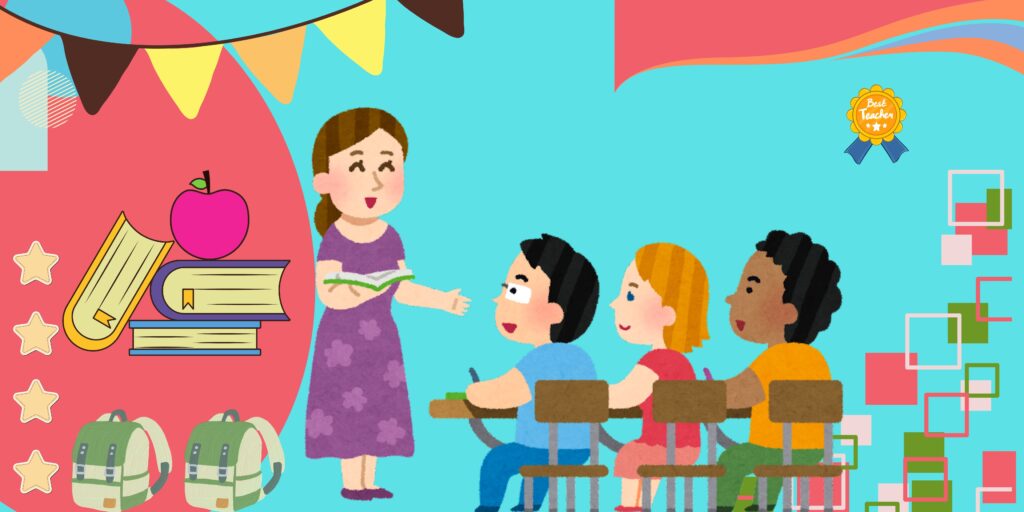
2. Flipped Classroom
Here are the Second teaching technique strategies in a flipped classroom, traditional learning is reversed students absorb material at home, and classroom time is reserved for interactive discussions, group work, and real-world application. This model allows students to dive deeper into subjects, with teachers having techniques available to guide them through any challenges.
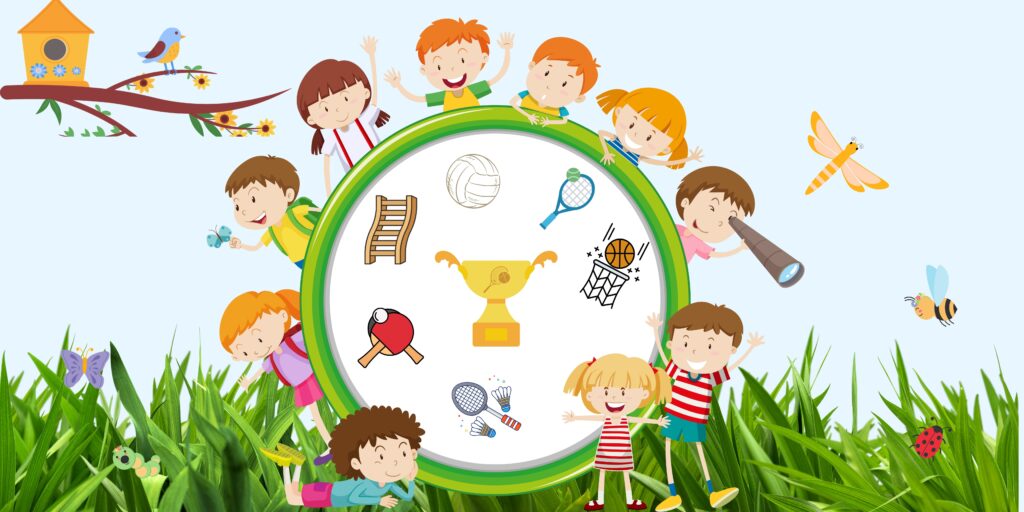
3. Collaborative Learning
Here are the teaching techniques and strategies Learning in groups fosters teamwork and communication skills. When students collaborate on projects or presentations, they learn from each other’s strengths and perspectives, building their problem-solving abilities and creating a more inclusive learning environment.

4. Differentiated Instruction
Here are fourth teaching techniques and strategies Not two students learn the same way. Differentiated instruction means adapting your teaching to fit the varied learning styles, abilities, and interests in your classroom. Whether through visual aids, hands-on activities, or technology, this approach ensures. that all students are given the tools they need to succeed.
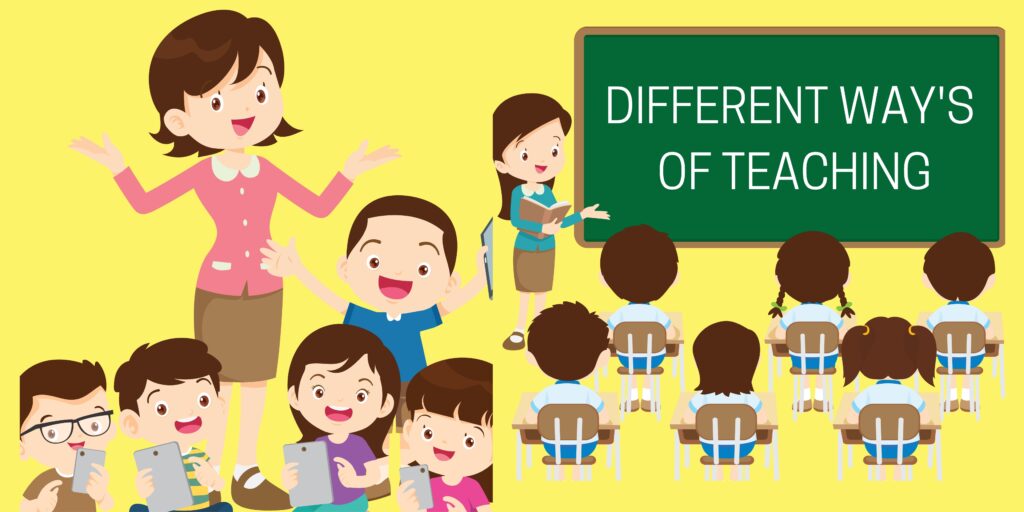
5. Use of Technology
Here are fifth teaching techniques and strategies Technology opens endless possibilities for interactive, engaging learning for students. Smart boards, educational apps, and virtual classrooms bring lessons to life, while also making learning more flexible and accessible to students with different needs and learning preferences.
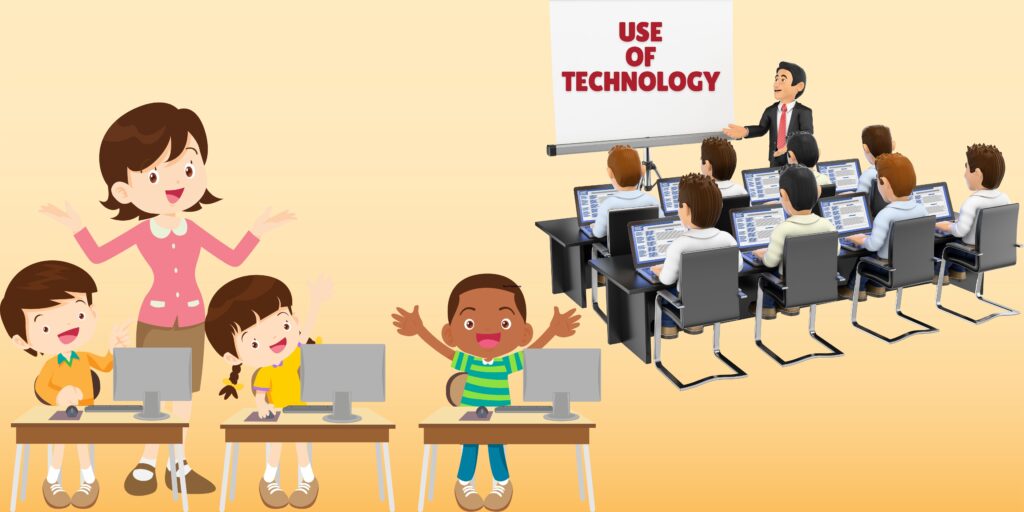
6. Gamification
Here are six teaching techniques and strategies is Gamifying lessons can transform learning into a fun, competitive, and rewarding experience. By integrating game-like elements such as points, badges, or challenges into your teaching, you motivate students and make even the most challenging subjects feel approachable and enjoyable.
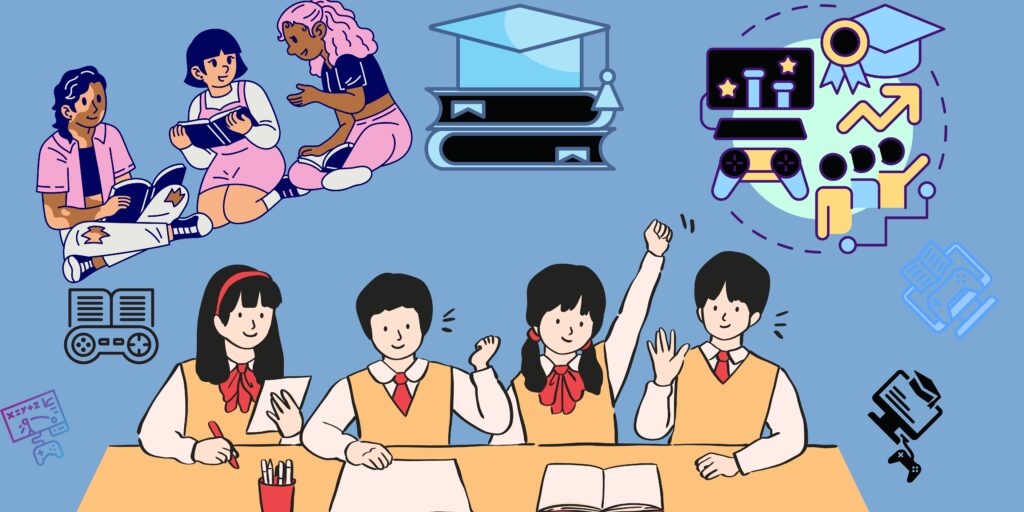
7. Inquiry-Based Learning
Here are seventh teaching techniques and strategies is Encourage your students to become curious thinkers by fostering inquiry-based learning. In this approach, students ask questions, research, and discover answers for themselves, developing critical thinking, problem-solving, and research skills along the way. You serve as a guide, helping them explore new ideas and concepts and many other think.
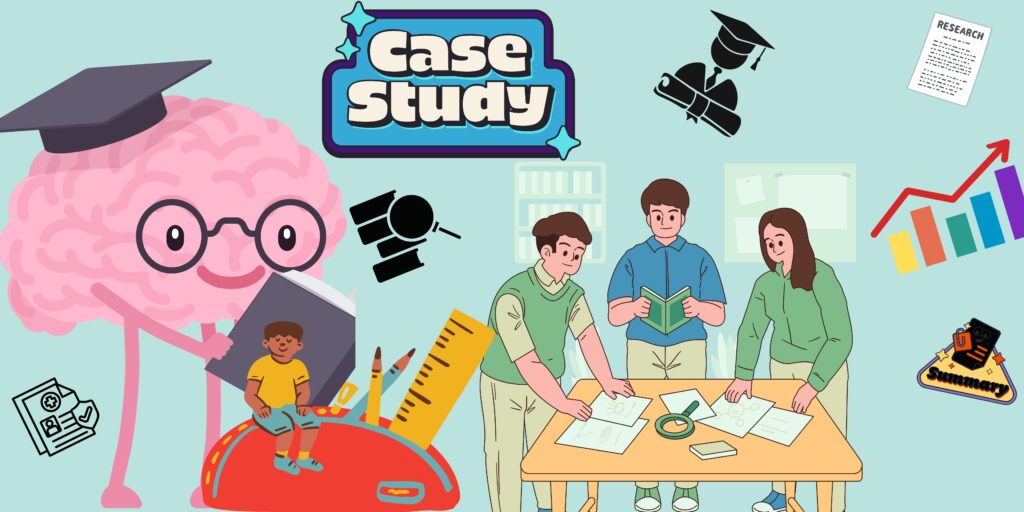
8. Scaffolding
Here are eight teaching techniques and strategies Scaffolding provides a support structure for students as they learn. By giving more guidance at the start and gradually reducing it, you help students gain confidence in their abilities and become independent learners, setting them up for long-term success.
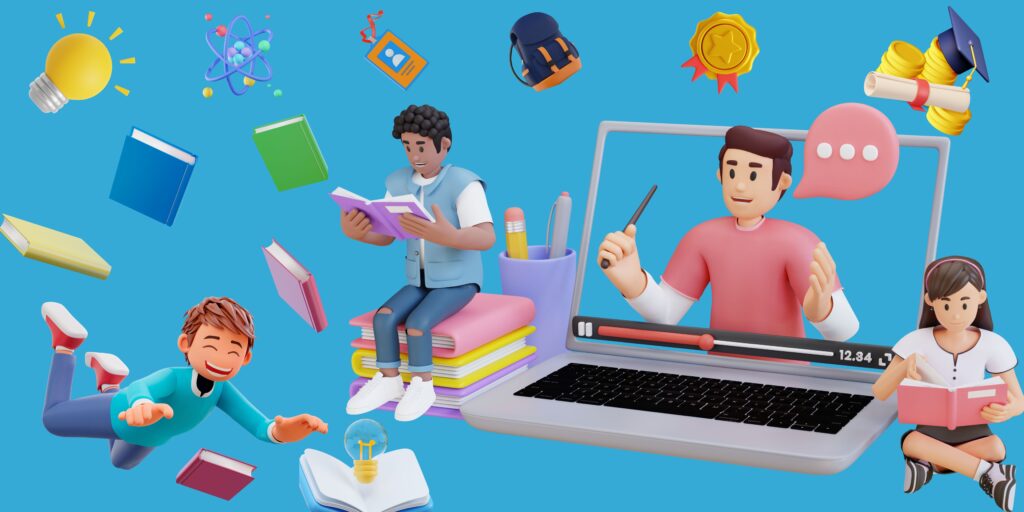
9. Storytelling
Here are the ninth teaching techniques and strategies Stories are an age-old way of connecting with people and conveying ideas. In teaching, storytelling brings concepts to life, making lessons memorable and easier to understand. Whether in science, history, or language arts, a good story can spark students’ imagination and make learning feel personal and relatable.
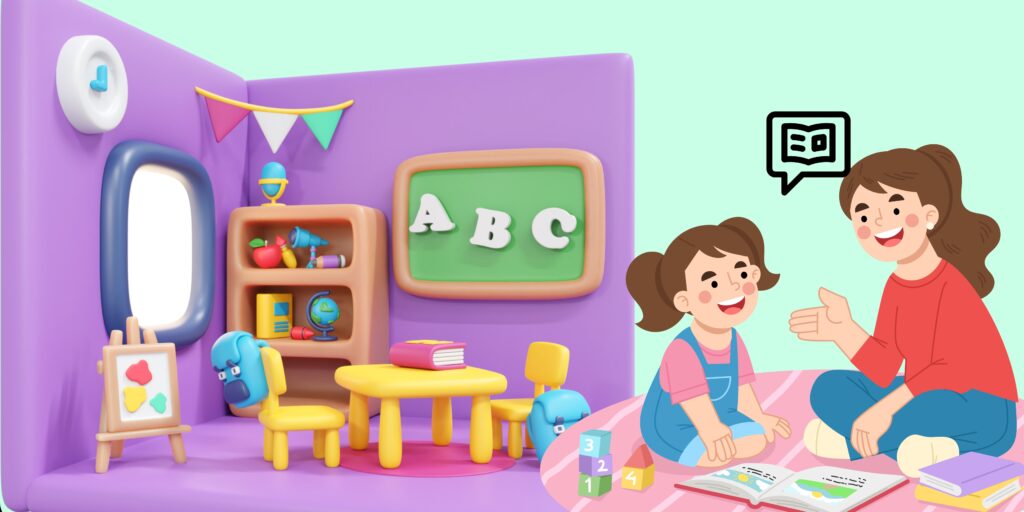
10. Assessment for Learning
Here are the tenth teaching techniques and strategies Assessment shouldn’t just be about grades. It’s an ongoing process of feedback and growth. Regular formative assessments like quizzes, feedback sessions, and peer reviews allow you to track students’ progress, understand their learning needs, and offer the guidance they need to improve.
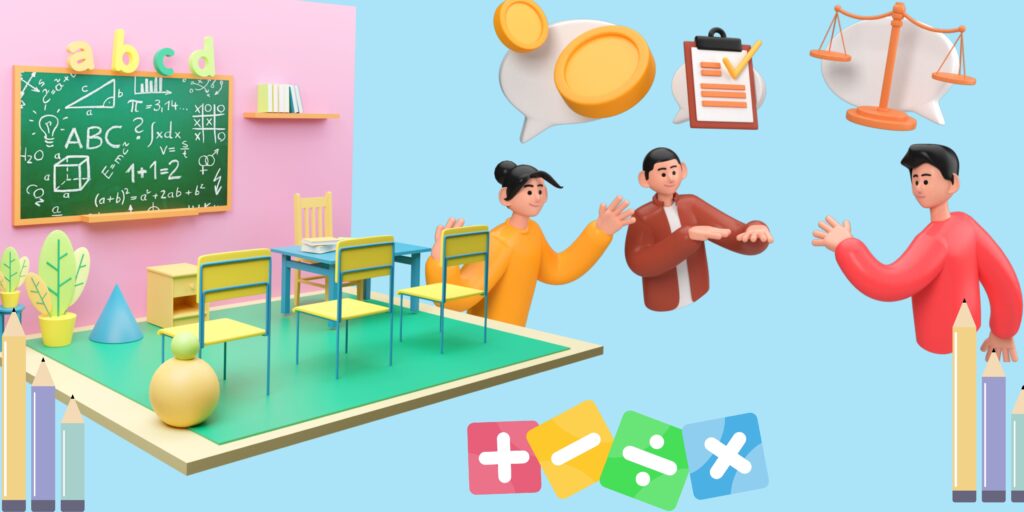
Conclusion
Teaching is an evolving art. As you integrate these top 10 teaching techniques into your classroom, remember that every student is unique. The key is to create a blend that works best for your group, while always keeping that human touch at the center of your teaching. By fostering connection, encouraging curiosity, and adapting to your student’s needs, you’re not just teaching you’re changing lives.
Here you can learn more about teaching ____https://en.wikipedia.org/wiki/Teaching#:~:text=Teaching%20is%20the%20practice%20implemented,context%20of%20an%20educational%20institution._________________________________________
